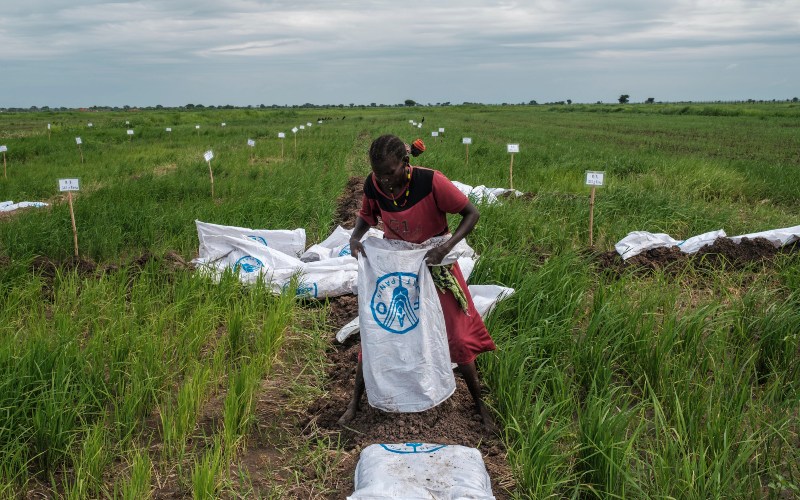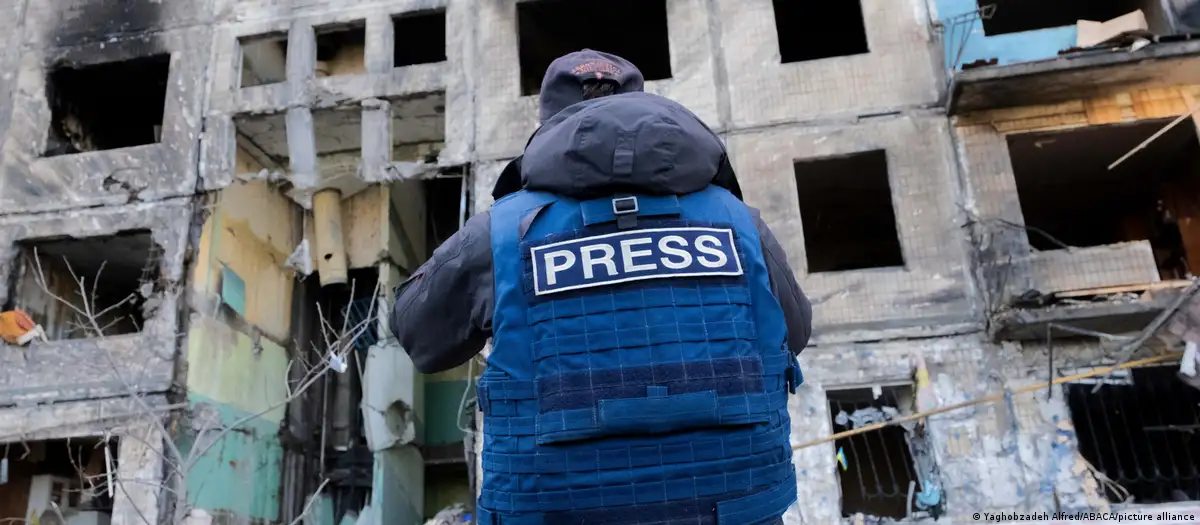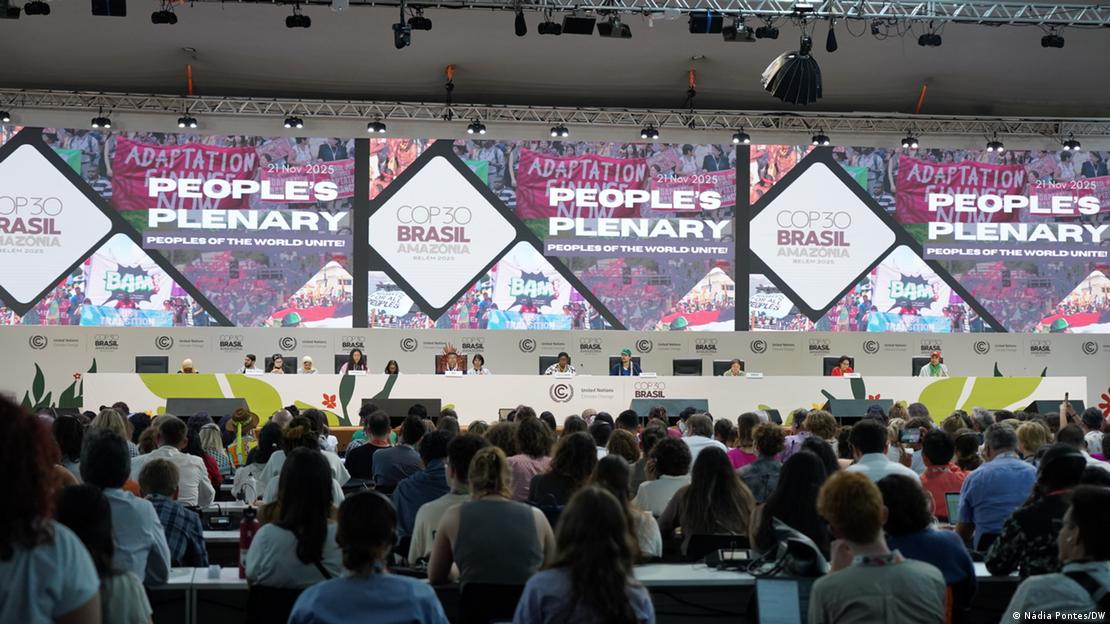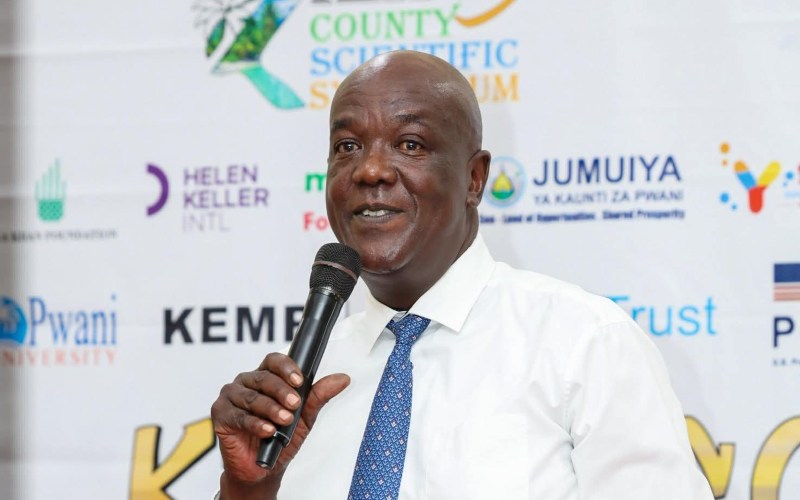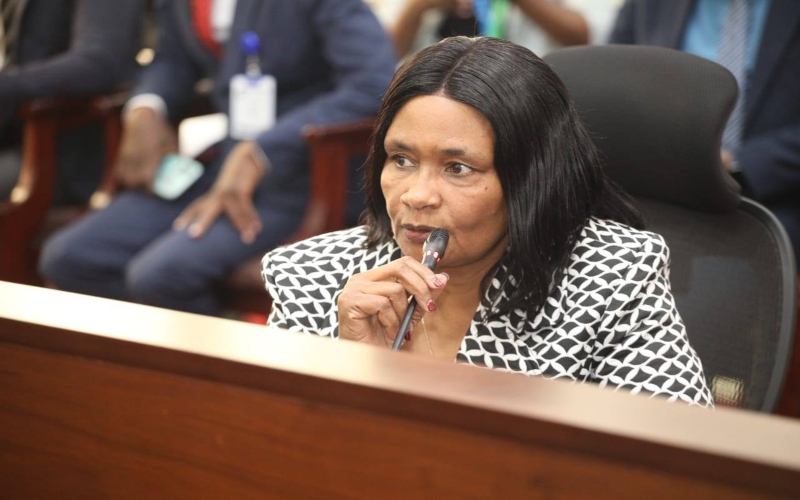Proposed law to stop hospitals from detaining bodies, demanding upfront emergency fees
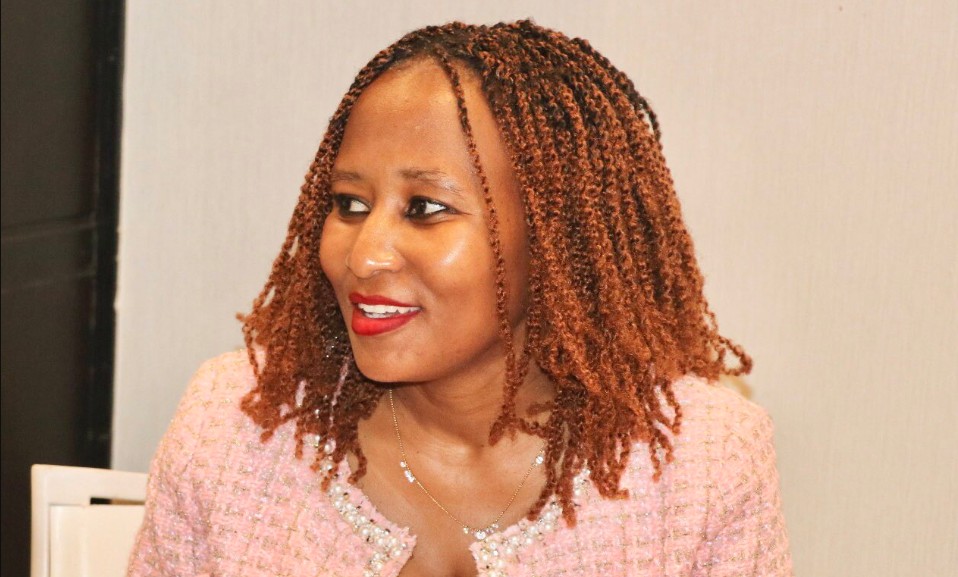
If passed, it will make it illegal for hospitals to detain bodies over unpaid dues where families can prove they genuinely cannot pay.
The painful ordeal faced by families who are denied the right to bury their loved ones due to unpaid hospital bills could soon be over, if a new Bill currently before Parliament is enacted into law.
The Health (Amendment) Bill, No. 56 of 2024, sponsored by Kirinyaga County Woman Representative Njeri Maina, aims to criminalise the detention of dead bodies by hospitals over unpaid medical bills, especially when grieving families are unable to pay.
More To Read
- Senate Committee moves to ban detention of patients, bodies over unpaid medical bills
- Senate probes detention of new mothers in hospitals over unpaid bills
- Solicitor General calls for tougher rules on emergency care, body detention
- MTRH discharges new mothers detained over unpaid bills after public outcry
- KMPDC probes private city hospital for detaining baby over Sh3 million bill
- Senate Bill seeks to end detention of patients, bodies over unpaid bills
The proposed law, which has already passed its first reading in Parliament, seeks to end the painful and all-too-common ordeal faced by many Kenyan families, leaving their loved ones’ bodies in hospital morgues because they cannot afford to pay hefty medical bills.
If passed, it will make it illegal for hospitals to detain bodies over unpaid dues where families can prove they genuinely cannot pay.
“As the sponsor of the Bill, I am seeking to criminalise detention of dead bodies by hospitals due to non-payment of accrued medical bills in instances where the families are unable to pay,” Maina said.
The legislator, who is also an advocate of the High Court, said she was inspired to push the amendment after years of engaging in public interest litigation for poor families whose deceased kin were detained in hospitals, sometimes for up to a year, because they could not raise exorbitant hospital fees.
“There’s a difference between being unwilling to pay and being unable to pay. Some of these families live below one dollar a day. You cannot expect them to raise Sh3 million, even if they hold weekly harambees,” she said.
Drawing from her legal work, Maina recounted how she represented families pro bono, battling hospitals in court over unpaid bills that ran into millions of shillings. In some cases, she said, families had sold all their property, including land, but still couldn’t raise the required amounts.
“I remember one case that broke me completely,” she recalled.
“A young man, a trained medical doctor who couldn’t get a job, was working as a boda boda rider. He got into an accident and was admitted to a national referral hospital. The bill rose to over Sh2 million. The family tried everything; they held harambees, they sold property, but nothing worked. We fought that case in court for almost eight months.”
Emotional toll
Maina said the emotional toll on the family and herself was immense.
“Every time we went to court, the mother would ask, ‘Tumefika wapi?’ (How far are we?) And I didn’t know what to tell her. We hadn’t secured orders. It reached a point where I would break down just seeing them. The young man was only a couple of years older than me,” she said.
She argued that detaining dead bodies serves no real financial purpose to hospitals, as bodies cannot be auctioned to recover debt.
“Even if you detain a body for 10 or 20 years, what are you going to do with it? You still won’t recover the money. Hospitals are not detention facilities,” she said.
Maina urged legislators to back the Bill, saying alternative legal mechanisms already exist to pursue unpaid debts.
She accused some hospitals of exploiting the poor, knowing they lack legal representation or influence.
“If you have the money to loot, you have the money to protect the poor. Universal Health Coverage must not be lip service. It means walking the journey with everyone,” she said, taking a swipe at national budget priorities.
Upfront payments
The Bill also proposes a second critical amendment: making it illegal for public hospitals to demand upfront payments before offering emergency treatment.
Citing a high-profile case of a child who died at Kenyatta National Hospital after being denied treatment over a Sh20,000 deposit, Maina condemned the practice of requiring deposits during emergencies.
“To some people, Sh20,000 may seem little, but for many Kenyans living below the poverty line, it’s impossible to raise such an amount on short notice. That child died waiting for help in a public hospital,” she said.
Under the proposed law, it would be criminal for any public health facility to demand a deposit before providing emergency care.
“This Bill envisions that no Kenyan, especially those who lack private insurance, should be turned away in moments of life and death,” she said.
“We, as leaders, enjoy private health cover funded by taxpayers. But we cannot then deny taxpayers the very services they fund.”
Maina said she initially wanted the law to cover both public and private hospitals, but due to constitutional and legal constraints, the current draft applies only to public institutions. Nonetheless, she cited countries like the Philippines and Uganda, which have enacted similar legislation.
“Imagine Uganda, despite all our democratic advancements compared to them, has already passed such a law. Why haven’t we?” she asked.
She pleaded with her fellow legislators, saying, “Let us support this Bill. Let us give dignity to our people, even in death.”
Top Stories Today


